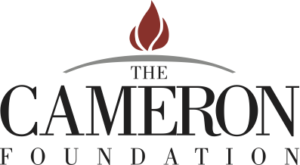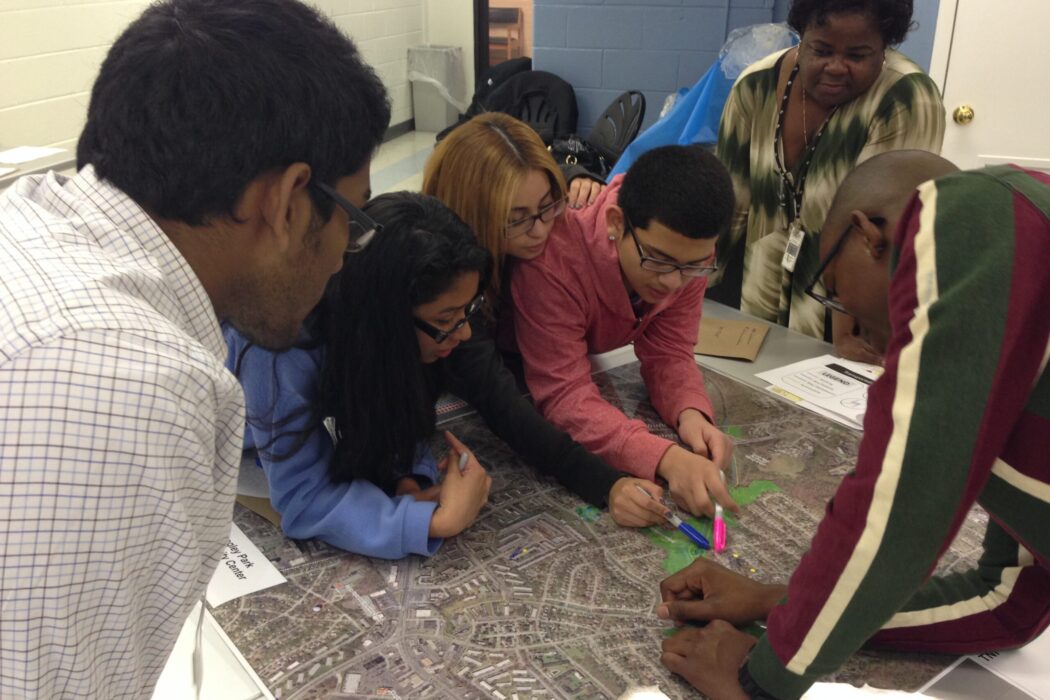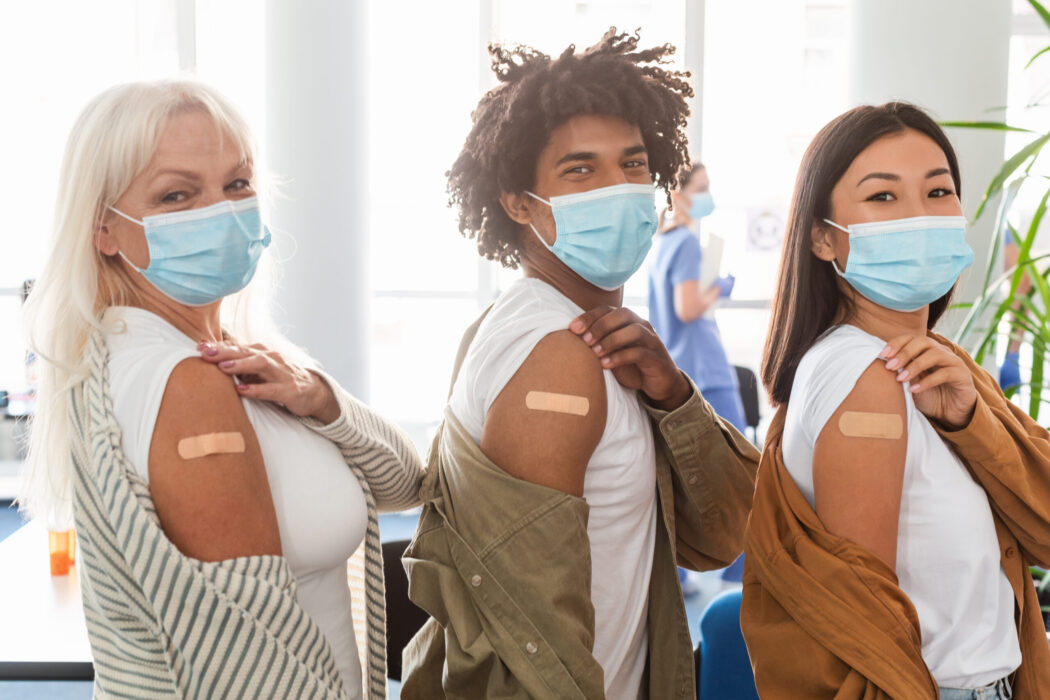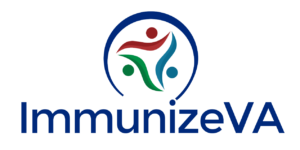
Improving Health Care Workforce Wellness: A Pilot to Reduce EMR Burden
IPHI empowers primary care physicians serving under-resourced communities in Washington, D.C., by partnering with DC Health as a grant intermediary. Funds distributed by IPHI to primary care physicians will be used to purchase assistive technology for electronic medical records (EMR) systems, easing provider burden and reducing burnout. This project will collect data to assess the effectiveness of these technology interventions.
Empower Yourself, Empower Your Practice
Applying for a grant through IPHI and DC Health can help bring cutting-edge healthcare technology to your community. Assistive technology for EMR systems can reduce administrative burden and decrease documentation time. Grants also cover staff time to train and implement the technology. Scroll down to learn more about the grant opportunity, and submit your application today!
The application period has now closed as of Friday, July 26, at 8 pm ET. All required documents were due by this deadline. Applications are currently under review and grants will be awarded to eligible applicants until all available funds have been exhausted
HELPFUL DOCUMENTS
We’ve included information to help guide your grant submission below.
- Request for Applications
- Frequently Asked Questions
- Sample Application Form
- Budget Template (click the arrow in the upper-right hand corner to download)
- DC Assurances and Certifications
RESOURCES
- Access an informational slide deck about the grant opportunity.
- Mini Z
- DC Health Minimum Insurance Requirements
Partners

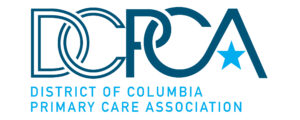
Contact IPHI at [email protected] if you need technical assistance with the application.
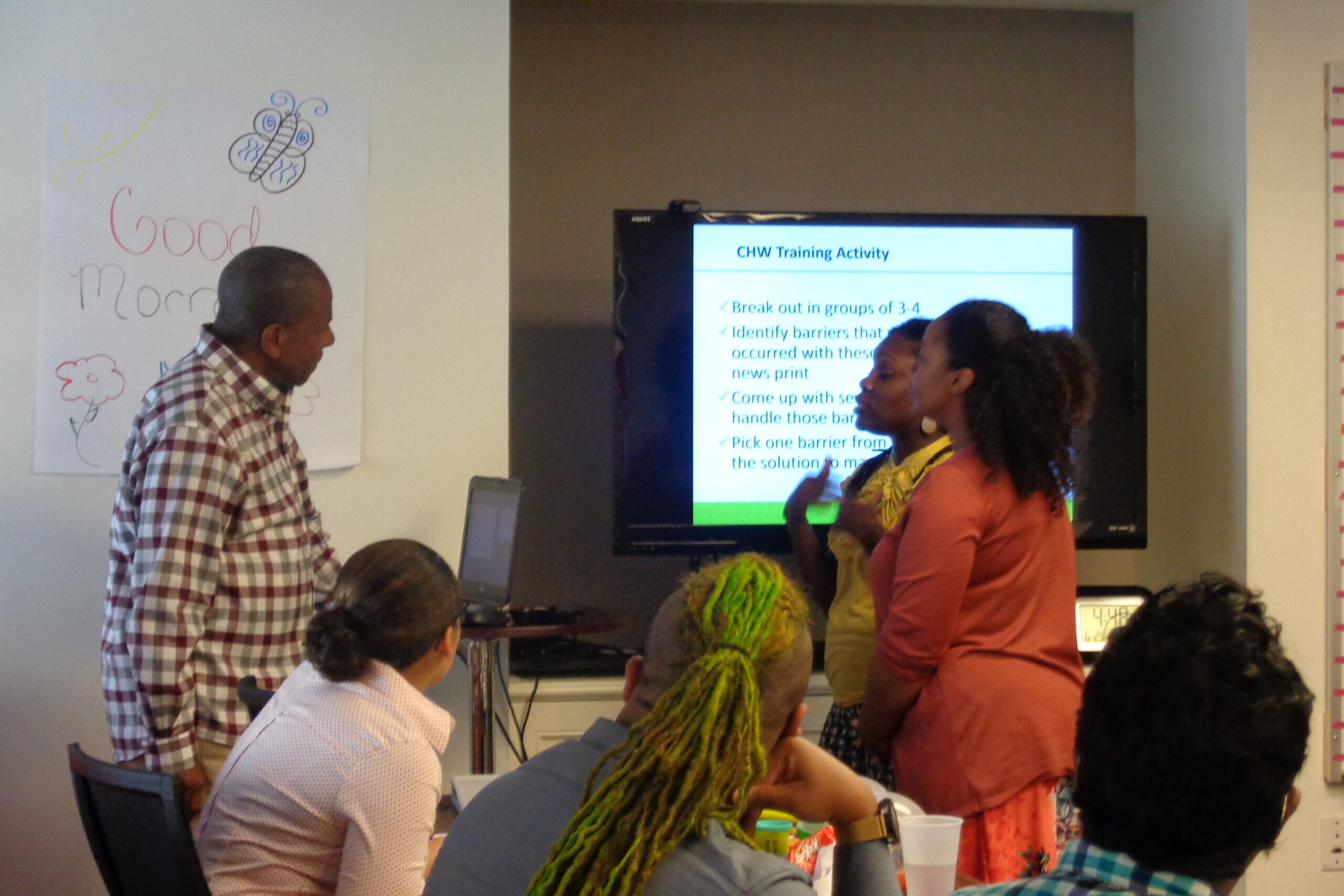

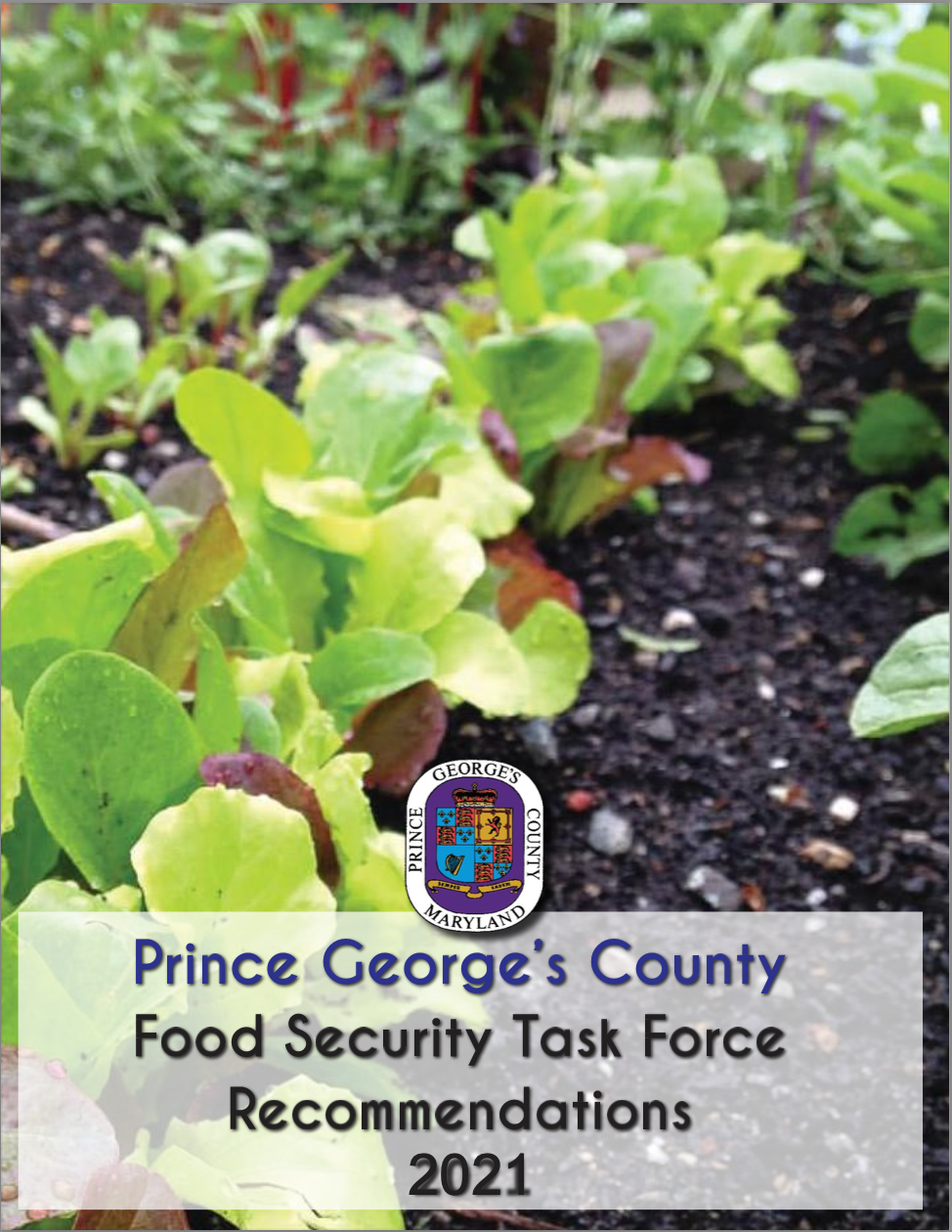

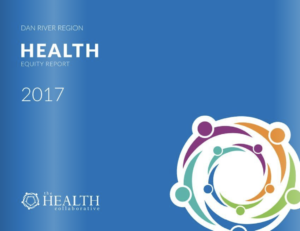
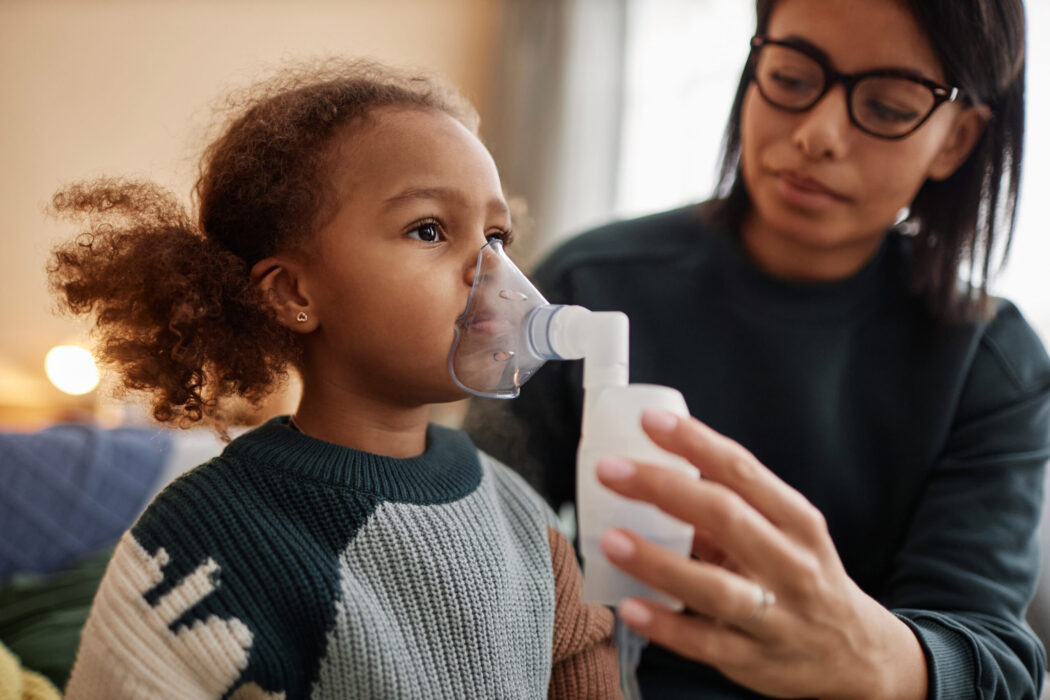
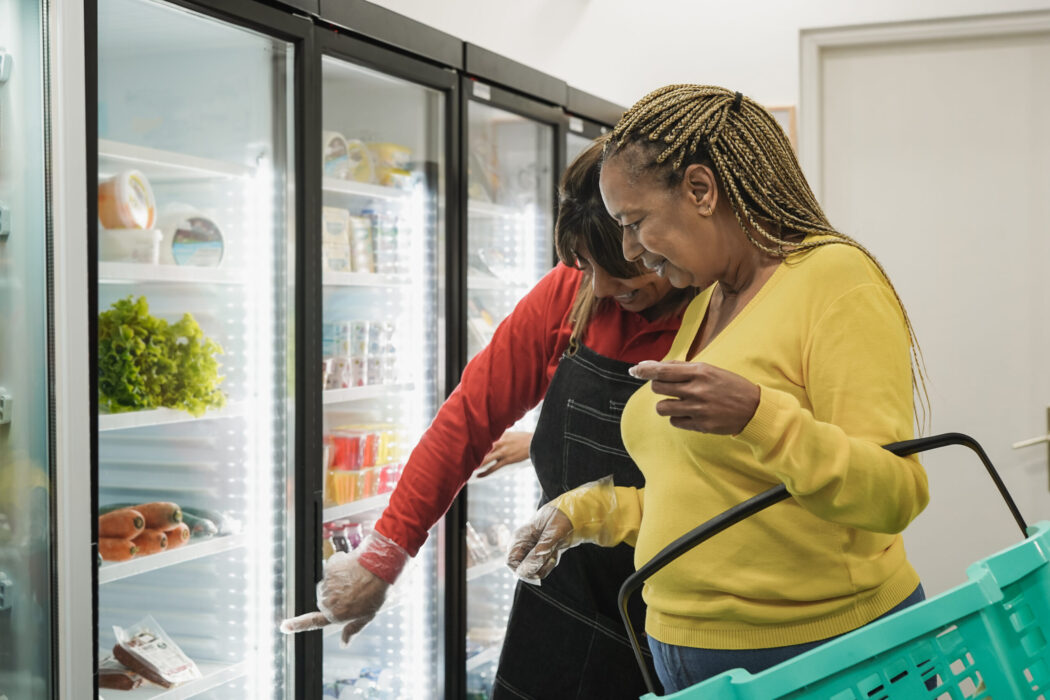
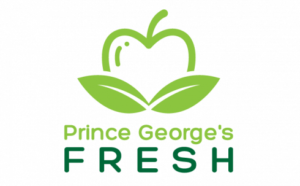 Through a collaborative partnership between IPHI, Giant Food, Amerigroup, Anthem Foundation, and the Healthy Eating Active Living (HEAL) Workgroup of the Prince George’s Healthcare Action Coalition, Prince George’s Fresh will increase healthy food access for Prince George’s County residents. The program allows medical professionals at participating health clinics to recommend produce coupons and nutrition education to patients experiencing food insecurity. Prince George’s Fresh is an innovative opportunity to engage cross-sectoral partners in an evidence-based model to address County health disparities and food insecurity. For Prince George’s Fresh fact sheet, click:
Through a collaborative partnership between IPHI, Giant Food, Amerigroup, Anthem Foundation, and the Healthy Eating Active Living (HEAL) Workgroup of the Prince George’s Healthcare Action Coalition, Prince George’s Fresh will increase healthy food access for Prince George’s County residents. The program allows medical professionals at participating health clinics to recommend produce coupons and nutrition education to patients experiencing food insecurity. Prince George’s Fresh is an innovative opportunity to engage cross-sectoral partners in an evidence-based model to address County health disparities and food insecurity. For Prince George’s Fresh fact sheet, click: 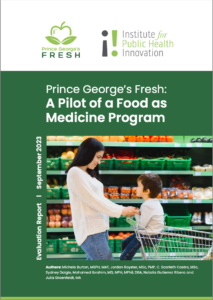 In fall 2023, Prince George’s Fresh completed an evaluation report on “A Pilot of a Food as Medicine.” To view and download the report, click:
In fall 2023, Prince George’s Fresh completed an evaluation report on “A Pilot of a Food as Medicine.” To view and download the report, click: 
